Posted on 7/30/2023
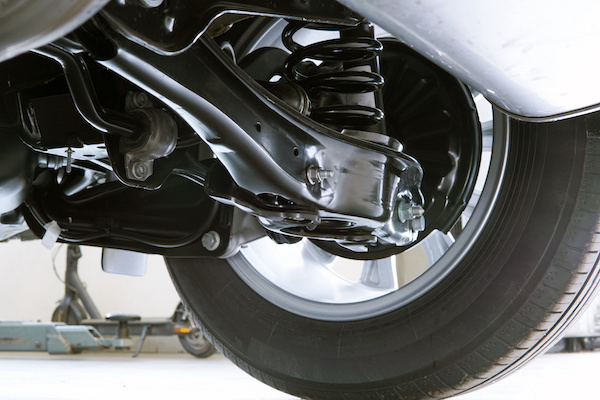
Engine or suspension system failures are things car owners never want to hear. These parts are ideally meant to last as long as the car with little maintenance. The suspension, on the other hand, requires substantial maintenance. To properly maintain your car's suspension, the following are signs of worn suspension components: Loose Steering Wheel The suspension and steering systems in your car are very closely linked. If one of your suspension parts fails, the steering wheel will feel loose or like it is ‘playing. Steering the vehicle will be difficult, which can cause safety issues. Though a loose steering wheel can be caused by other things, worn-out suspension components are prime culprits. Repairing or replacing the damaged part is the way to fix the steering issue. Bumpy Ride The most apparent sign that you have worn suspension parts is an uncomfortable ride. The car's suspension system is responsible for absorbing the impact of bumps on the road. You will fee ... read more
Posted on 6/30/2023
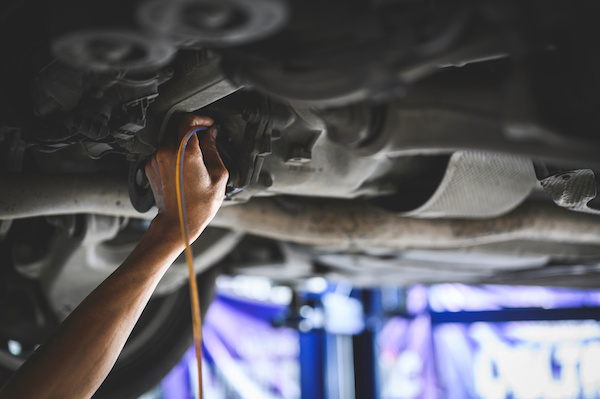
Did you know that most car owners today usually care less about differential fluid replacement? But this isn't something you should ignore, as it can cause huge damage if ignored. If you are a domestic or commercial vehicle driver, here is everything to know about regular differential fluid changes, including their benefits. Differential Fluid Changes Explained What is differential fluid? Differential fluid is typically the oil present in your car's drivetrain. While it is normal for differential fluid to last longer than many other automotive fluids, you should change it after approximately every 30,000 to 60,000 miles. However, note that the lifespan of differential fluid can vary depending on several factors. Changing differential fluid is often tough hence the need to ensure only an expert technician does the job. Remember that the old, bad differential fluid should not come into contact with the new fluid. Why Change Differential Fluid: The Benefits As mentioned abo ... read more
Posted on 5/30/2023
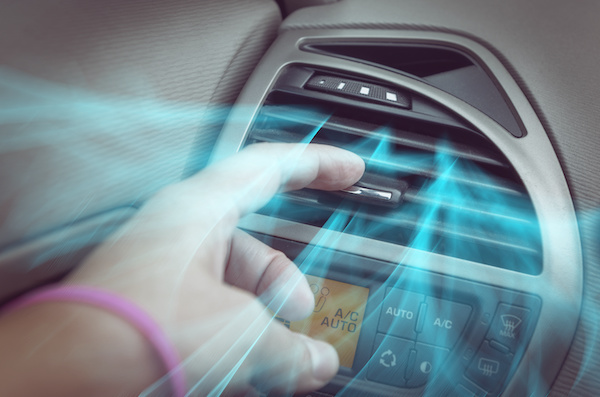
Gone are the cold days in Urbandale, IA. Summer is right around the corner, and you're going to be hopping into your car, eagerly anticipating the refreshing blast of cool air from your A/C. But what if all you get is warm or hot air? If your A/C is not cold, keep reading to learn some common explanations for why your vehicle's air conditioning may be blowing warm air. Low Refrigerant Levels: Low refrigerant levels are one of the most common culprits behind warm A/C. Refrigerant is responsible for absorbing heat from the cabin and cooling the air before it reaches your vents. If your system is low on refrigerant, it won't be able to provide the desired cooling effect. Low refrigerant levels can stem from leaks in the system, so be sure to have a professional mechanic check it out. Compressor Issues: The A/C compressor is the heart of the cooling system, responsible for pressurizing ... read more
Posted on 4/27/2023

As a responsible vehicle owner, it's important to keep your vehicle in good shape to ensure it lasts a long time. While maintenance is key to protecting you from expensive repairs, some other repairs are necessary. When you need to take your vehicle to an auto repair shop, we understand you want to be sure they're done correctly. That's where warranties come in handy. When you have a warranty coupled with your auto repair services, you have an agreement that the repair shop will provide you with specific services or repairs for a set period. This can be a significant advantage for consumers because it gives you peace of mind knowing that if anything goes wrong after the repair, you're covered. Here are some reasons why having a warranty with your auto repair services is crucial: Protection Against Faulty Repairs: If a repair shop performs a service or repair that ends up being faulty, the warranty will cover the repair costs. Without a warranty, you ... read more
Posted on 3/30/2023
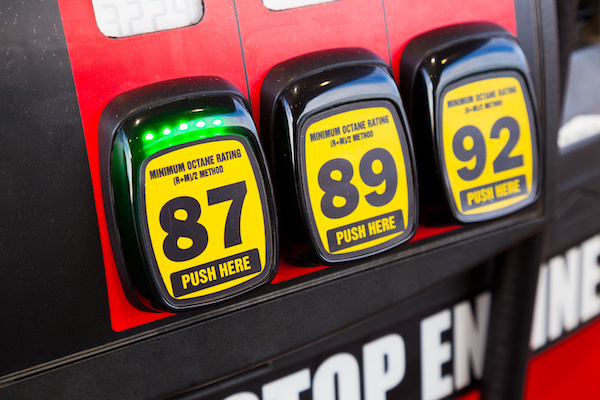
When you pull up to a gas station, you're often faced with various gasoline options, each with different octane levels. But what do these numbers mean, and how do you know which kind of gas is recommended for your car, SUV, or truck? Read on to learn the basics of fuel types. What is Octane? Octane measures a fuel's ability to resist "knocking" or "pinging" during combustion. Knocking is an undesirable effect that can occur in an engine when fuel ignites prematurely, causing the engine to run inefficiently and potentially leading to damage. How are Octane Levels Measured? Octane levels are measured using two rating systems: Research Octane Number (RON) and Motor Octane Number (MON). RON measures how well a fuel resists knocking under light to moderate loads and speeds, while MON measures resistance under heavier loads and high speeds. The two numbers are then averaged to determine the fuel's "octane rating." What Kind of Gas is Recommende ... read more
Posted on 2/23/2023

Windshield wipers play an integral role in keeping you safe while on the road, especially during rainy or snowy conditions. However, most drivers often need to pay more attention to the maintenance of their wipers, leading to inadequate visibility and raised risks of accidents. Therefore, it's crucial to understand how often you should replace your windshield wipers to keep yourself and your vehicle safe on the road. Factors Affecting Windshield Wiper Lifespan Several factors determine how long your windshield wipers will last, such as weather conditions, frequency of use, and the quality of the wipers. In areas with harsh weather conditions, such as excessive heat or cold, or heavy rains, the wiper blades may wear out faster. Also, if you drive regularly, the wiper blades may wear out faster than someone who rarely uses their vehicle. Signs It's Time to Replace Your Windshield Wipers Streaking or Skipping: If your wipers start to leave streaks or skip across the windshiel ... read more
Posted on 1/30/2023
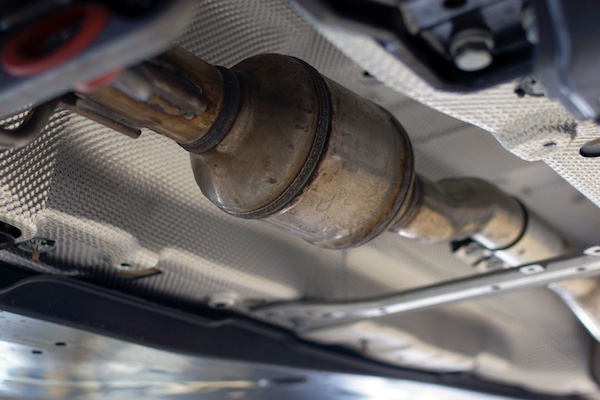
A bad catalytic converter can cause some serious problems in your car. Here are the top 5 symptoms of a bad catalytic converter: 1. Reduced engine performance: If you notice your engine doesn't seem to be running as smoothly as it used to, it could be due to a bad catalytic converter. A catalytic converter is an important part of your vehicle's emissions system and it helps reduce air pollution. When it malfunctions, it can lead to a reduction in engine performance. 2. Trouble starting your car: A catalytic converter is a part of your engine's exhaust system that helps reduce emissions. It takes the exhaust gases and converts them into less polluting emissions. If your catalytic converter is damaged or clogged, your engine may have difficulty starting. 3. Excessive exhaust smoke: The catalytic converter helps reduce the amount of harmful gases created by your vehicle, so if it isn't functioning, it's time to take ... read more
Posted on 12/22/2022
.jpeg)
Are you traveling a long distance this holiday? The persistent snowfall can be a problem for you and your loved ones if you are well prepared. Here is what you need to know incase of an emergency. Winter Emergency Car Kit Emergencies can happen at any moment. Be sure to be fully prepared when that happens with the following essential to ensure that you make it out safely. Snow shovel Once snow begins to accumulate around your automobile on the roadside, you'll need to have a shovel to create a route or uncover your vehicle. Make your automobile noticeable to rescue crews by reducing the quantity of snow surrounding it or hiding your rear lights. Car Charger for Cell Phones Cellular phones are literal lifesavers when winter traveling turns out badly, but they're only functional when they're charged. To keep your phone charged, carry an extra mobile phone charger in your survival pack. A basic USB vehicle charger allows you to charge any cellphone as long as you have t ... read more
Posted on 11/30/2022
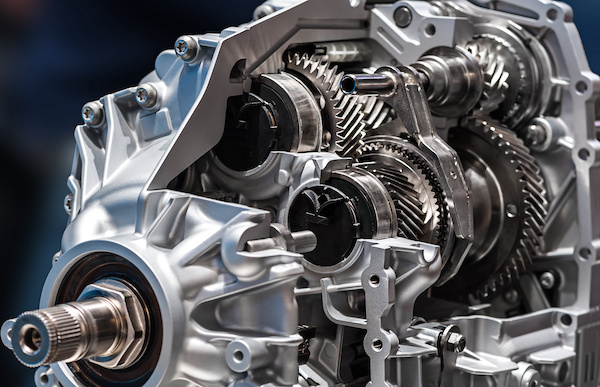
If you know about automobiles, you probably know that transmission rebuilds and replacements are not cheap. That is why you should never overlook the importance of transmission service/maintenance. This system is in charge of transferring engine power to move your wheels, and it relies on a lubricating fluid to keep it clean and cool. Follow these tips to keep your transmission running for many years to come: 1. Get Regular Transmission Fluid Exchanges Your automaker sometimes has the interval for this service listed in the owner’s manual. On average, this service should be done every 30,000 miles or every two years, whichever comes first. This service allows us to eliminate the lingering debris and impurities in the system, making the fluid move more fluidly. 2. Check Fluid Levels and Catch Leaks The transmission fluid is responsible for lubricating gearboxes on top of powering the transmission. That is why you should check on the fluid conditi ... read more
Posted on 10/29/2022

Vibrations in your car can be jarring, mainly when performing something critical like braking. You should consider a brake service if you feel vibrations/ shaking when using your brakes. Why Is My Car Vibrating When I Brake? "Brake shudder" refers to the shaking or vibration you feel through the brake pedal and the steering wheel when you brake in your vehicle. Brake shudder often occurs due to problems with the brake rotors (or brake discs). When your car's brake rotors are unevenly worn, its brake pads tend to get in contact with the flat spots available on the disc's surface. In turn, this causes the shaking that you feel. This form of uneven wear of your brake discs could result from several things. For example, it might be the poor installation of the rotors or the brake calipers not functioning correctly. It could also be the appropriate bedding-in procedure not having been used if there has been a recent installation of new brake pads. Although this is the m ... read more